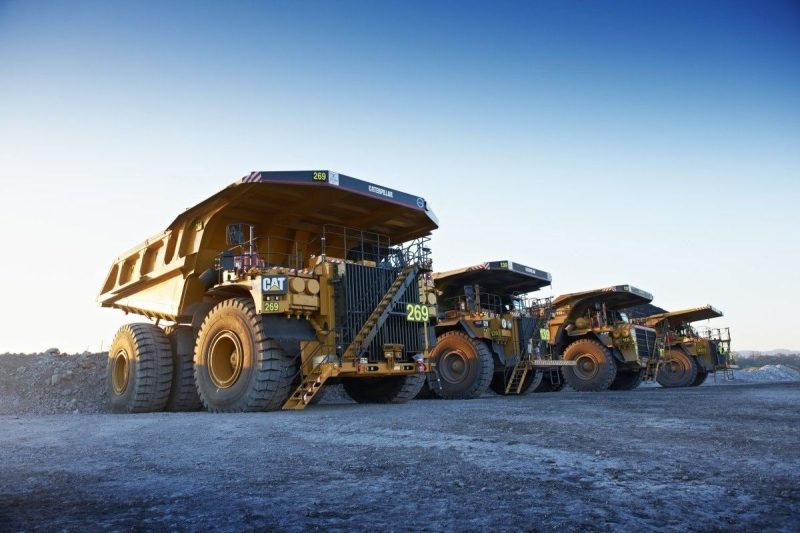In recent years, efforts to combat climate change have led to an increase in carbon capture and storage projects worldwide. Glencore, a global mining and commodity trading company, is one of the many corporations striving to mitigate their environmental impact through such initiatives. However, the company recently faced setbacks with its Queensland carbon capture project due to groundwater issues.
Groundwater plays a crucial role in environmental sustainability and human well-being. It serves as a vital source of drinking water for communities, sustains ecosystems, and supports various industries. When it comes to large-scale projects like carbon capture and storage, the potential impact on groundwater resources must be carefully considered and managed to prevent negative consequences.
The Queensland carbon capture project by Glencore aimed to capture and store carbon dioxide emissions from a coal-fired power plant. The captured CO2 would then be transported and injected into underground rock formations for long-term storage. While the concept of carbon capture and storage holds promise for reducing greenhouse gas emissions, the project hit a roadblock with groundwater issues.
The presence of groundwater in the project area posed challenges related to site selection, underground injection, and monitoring. Leakage of captured CO2 into groundwater sources could contaminate water supplies and harm ecosystems. Additionally, the pressure changes resulting from CO2 injection could affect the integrity of underground rock formations, potentially leading to groundwater leaks and other problems.
To address these issues, Glencore had to reassess its project’s design, monitoring systems, and risk assessment protocols. Implementing enhanced monitoring technologies, such as real-time sensors and satellite imagery, could help detect any anomalies or leaks promptly. Moreover, conducting comprehensive hydrogeological assessments and modeling exercises could provide valuable insights into the potential behavior of groundwater in response to the project activities.
In light of the groundwater challenges faced by the Queensland carbon capture project, it is evident that integrating environmental considerations into carbon capture and storage initiatives is essential for their success and sustainability. By adopting a holistic approach that prioritizes the protection of groundwater resources, companies like Glencore can demonstrate their commitment to responsible environmental stewardship while advancing their climate goals.
In conclusion, the Glencore Queensland carbon capture project’s experience underscores the critical importance of addressing groundwater issues in carbon capture and storage initiatives. By proactively managing potential risks, incorporating robust monitoring systems, and conducting thorough assessments, companies can ensure the effective and sustainable implementation of such projects. As the world continues its transition to a low-carbon future, safeguarding groundwater resources must remain a top priority for all stakeholders involved in environmental conservation and climate action.



























